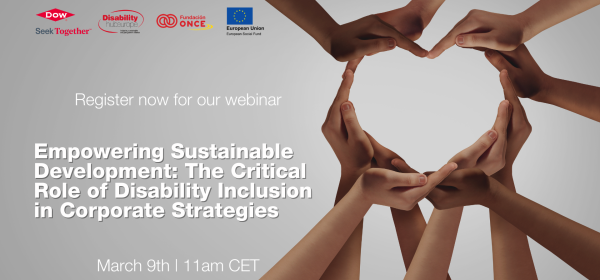The European Union, within its commitment to create more and better jobs, seeks to contribute to a more just and inclusive society. These objectives are integrated into the Europe 2021-2024 strategy, which seeks to generate smart, sustainable and inclusive growth. Precisely, as a central point, it seeks to encourage the digital transformation of the industry and promote the role of the European Union as a provider of development strategies, positioning Europe as a technological and industrial leader in the ecological transition.
The ecological transition inevitably involves creating a more resilient, inclusive and democratic European society, prepared and sensitive, addressing inequalities, providing information and knowledge, empowering all citizens to take part in the green and digital transformation, without leaving no one behind For this reason, the European Social Fund (ESF) plays an important role in achieving these objectives, mitigating the consequences of the economic crisis, especially in the increase in unemployment and poverty levels. The European Social Fund must support (and strengthen) the policies of the Member States with regard to social inclusion, non-discrimination, the promotion of equality, education and training, in order to achieve better jobs and guarantee fairer job opportunities for all EU citizens. ESF funding improves the job prospects of millions of Europeans, especially those who have difficulties finding work. Improving the adaptability of workers, training to acquire new skills or investing in companies that promote new ways of working are some of the priorities of the European Social Fund and its basic component is constant: people.
Disability Hub Europe is a project co-financed by the European Social Fund.
The ESF actively supports the creation or development of social enterprises as a source of employment. These types of initiatives are aimed in particular at groups of people who, for various reasons, find it difficult to access a job. These include long-term unemployed youth, people with disabilities or members of rural communities.
The European Social Fund renews its commitment every year. Specifically, we are already talking about the ESF Plus, (ESF+), which has a total budget of almost 99.3 billion euros for the period 2021-2027. In this way, the ESF+ will continue to make an important contribution to the labor, social, educational and training policy of the EU, focusing on the development of skills or training as a transversal axis. As the European Union's main instrument for investing in people, the European Social Fund Plus will ensure that Europe is ready for the jobs of today and tomorrow. Training, retraining and upskilling workers to prepare for the green and digital transitions is one of the main priorities of the ESF+.













